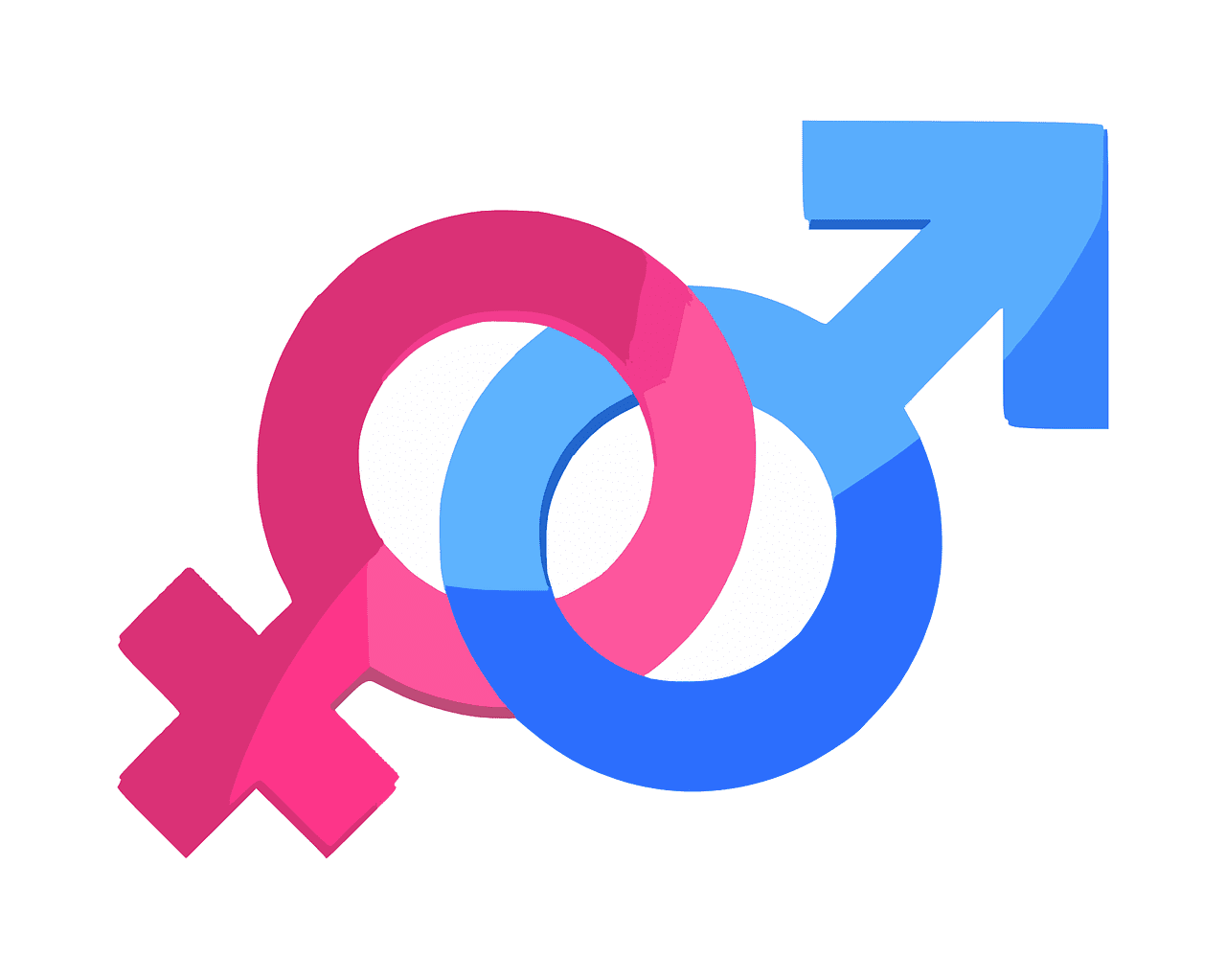
I do not shy away from the conversation about pronoun confusion in these modern times of higher-consciousness and self-identity. Often in this debate, I offer that one of the first things we learn when beginning to read as children is the list of pronouns, namely: he, she, it, they and, them. The construct is based on singularity or plurality, with his and her pertaining to a specific gender’s possessive tense. Up until now, “they” has been most commonly used as a pronoun to indicate plurality, with exceptions made when a person’s gender is unknown. For example, “Someone broke into the warehouse last night, and they stole two packages.”
Examples of such use of they in the English language date back to the 1300s, according to The Oxford English Dictionary, which cites the singular use of they appearing in the medieval romance William and the Werewolf, referring to an unnamed person. But we don’t live in 1373, and thus we are not in the throes of speaking English with an applied medieval dialect.
Pop music crooner Shawn Mendes recently found this out the hard way. It was reported last week that Mendes issued an apology to singer Sam Smith for mistakenly addressing Smith, who goes by “they,” by the incorrect pronoun. It was an honest mistake but within seconds Mendes was getting dragged by the mob on Twitter who I deem “The Pronoun Police.” They scolded him for misgendering Smith, despite the fact that it was done in error.
Understandably, this is a big deal to people who want to be addressed respectfully by the gender of which they choose to identify – in most cases, it’s either he or she. However, with non-binary individuals, it’s tricky because they don’t claim an identity based on genitalia or categorizations of masculine or feminine. Non-binary classification dismisses gender and asks that we address a singular, non-binary person as they, them, and their. This is confusing for many of us, including me – an out gay man and civil liberties advocate. Other well-intended people, just like me, easily get tripped up on these pronouns.

This sometimes leads to unwarranted shaming and unfairly labeling people as phobic just because they, I, we have made an honest mistake. On social media in general, I witness more nasty confrontations over this than I can count. The Pronoun Police always seems ready to pounce rather than understand we are all in this together. As such is the case, the trans and non-binary communities must realize that new modifications to the English we’ve been speaking our whole lives will require some getting used-to.
Recently an officer of the ‘Pronoun Police’ came for me on Facebook:
https://www.facebook.com/coreyandrew/posts/10157685755466500
To the trans and non-binary communities, I encourage your patience as we navigate this landscape together. It must also be said that one’s self-appointment of their desired pronouns, does not mean others will immediately be informed or educated enough to understand the implication.
I fully believe most people want to apply the proper language in addressing people; I know I do. However, misgendering someone is not phobic when done without malice. More times than not, it’s someone simply trying to make it through the new pronoun minefield – without blowing sh*t up.
This piece is an opinion piece by one Contributing Writer for Instinct Magazine and may not reflect the opinion of the magazine or other Contributing Writers.
h/t: Read more on the Shawn Mendes / Sam Smith story @HuffPo


I’ve been using “they/them/their” as pronouns for other people for damn near 40 years now. Not because I care about other people’s feelings but because I just don’t need to be THAT involved in the private lives of random people I will probably never see again. If I’m not looking to date you or mate you….. your gender isn’t really any of my business.